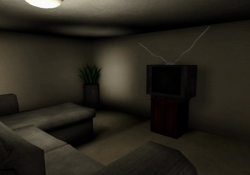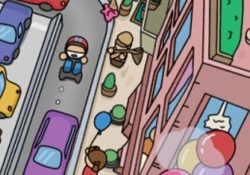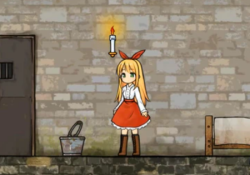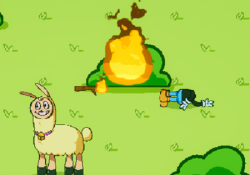Seasons Of Loss is an interactive narrative experience centered around reflection, memory, and passing time. The story unfolds in a place disconnected from the outside world, where the main character is faced with choices that influence both inner understanding and outward surroundings. As the seasons shift, so do the emotions tied to certain places, sounds, and recurring symbols. The experience is quiet but layered, inviting the player to look inward while navigating a symbolic environment.
A Journey Through Shifting Cycles
Each season introduces new visuals, music, and interactions that reflect emotional change. Spring may represent renewal or confusion, while autumn might evoke distance or closure. The story does not follow a traditional arc but develops as the player engages with the world. Simple acts—touching an object, choosing a path, or revisiting a location—can lead to different responses and reveal layers of a story left mostly unsaid.
Key Elements Within The Experience
The game includes a combination of mechanics that support introspection:
- Environment-based storytelling
- Non-linear progression tied to seasonal changes
- Soft puzzles that unlock memories or internal commentary
- Minimalist interface to reduce distraction
- Sound design that matches emotional tone
These elements work together to create an experience that is about presence more than action.
Choices Without Obvious Consequences
Unlike games with clear fail states, Seasons Of Loss focuses on subtle outcomes. There are no right or wrong decisions, only different expressions of what the character is holding onto or letting go. A single scene might shift in meaning depending on what came before it. Even silence—choosing not to act—can move the narrative. The story adapts not to player skill but to mood and attention.
Seasons Of Loss offers a quiet space for emotional storytelling through metaphor and atmosphere. It’s a title that rewards patience and awareness, where small details carry weight. The lack of traditional conflict allows room for contemplation, encouraging players to experience a story, and the feeling of moving through time, memory, and change.




























